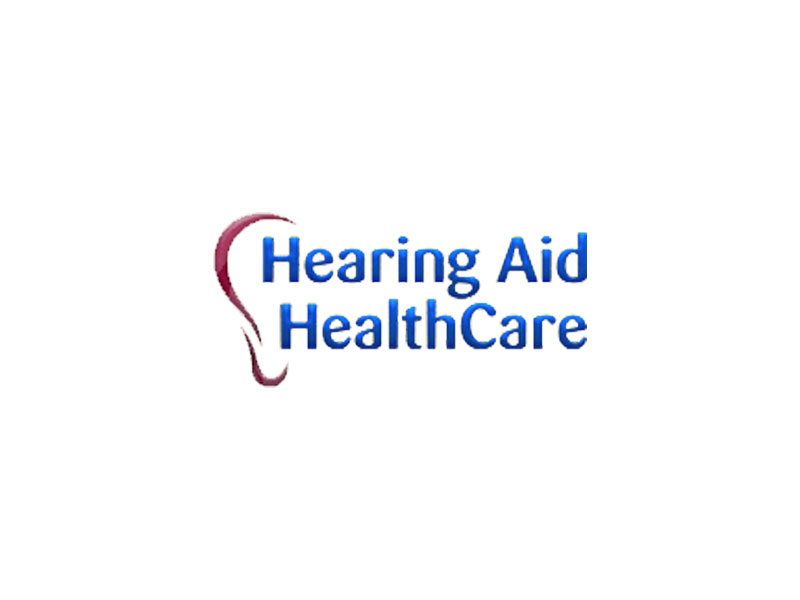About 45 million Americans suffer from tinnitus, which is the perception of sound where no external sound source exists. This phantom sound is normally identified as a ringing sound, but can also materialize as a buzzing, hissing, whistling, swooshing, or clicking.
First it is important to understand about tinnitus is that it’s a symptom, not a disease. As a result, tinnitus may indicate an underlying health condition that, if cured, cures the tinnitus. Earwax buildup or other blockages, blood vessel conditions, selected medications, and other underlying conditions can all trigger tinnitus, so the starting point is ruling out any ailments that would would need medical or surgical treatment.
In most cases of tinnitus, however, no specific cause is found. In these cases, tinnitus is assumed to be caused by destruction of the nerve cells of hearing in the inner ear. Noise-induced hearing loss, age-related hearing loss, and one-time exposure to very loud sounds can all cause tinnitus.
Whenever tinnitus is induced by nerve cell damage, or is connected with hearing loss, tinnitus often cannot be cured—but that doesn’t imply that people need to suffer without help. While there is no definitive cure for the majority of cases of chronic tinnitus, numerous tinnitus treatment options are available that help patients live better, more comfortable, and more productive lives, even if the perception of tinnitus remains.
The following are some of the treatment options for tinnitus:
Hearing Aids
The majority of cases of tinnitus are linked with some kind of hearing loss. In people with hearing loss, a smaller amount of sound stimulation reaches the brain, and in response, investigators believe that the brain changes physically and chemically to accommodate the shortage of stimulation. It is this maladaptive response to sound deprivation that results in tinnitus.
Tinnitus is intensified with hearing loss because when surrounding sound is muffled, the sounds associated with tinnitus become more evident. But when hearing aids are used, the amplified sound signals cause the sounds of tinnitus to blend into the richer background sounds. Hearing aids for tinnitus patients can then offer several benefits, such as improved hearing, enhanced auditory stimulation, and a “masking effect” for tinnitus.
Sound Therapy
Sound therapy is a wide-ranging phrase used to describe several approaches to using external sound to “mask” the tinnitus. After some time, the brain can learn to recognize the sounds of tinnitus as trivial relative to the contending sound, thereby reducing the intensity level of tinnitus.
Sound therapy can be delivered through masking devices but can also be delivered through specific hearing aid models that can stream sound wirelessly using Bluetooth technology. Some hearing aid models even link up with compatible Apple products, including iPhones, so that any masking sounds downloaded on the Apple devices can be sent wirelessly to the hearing aids.
The kinds of masking sounds utilized may vary, including white noise, pink noise, nature sounds, and music. Sounds can also be specially designed to correspond to the sound frequency of the patient’s tinnitus, delivering customized masking relief. Given that each patient will respond differently to different masking sounds, it’s essential that you work with a qualified hearing professional.
Behavioral Therapies
Several behavioral therapies exist to help the patient deal with the psychological and emotional components of tinnitus. One example is mindfulness-based stress reduction, during which the individual learns to accept the affliction while establishing effective coping techniques.
You may have also heard the term Tinnitus Retraining Therapy (TRT), which integrates cognitive-behavioral therapy with sound masking therapy. With Tinnitus Retraining Therapy, patients learn to develop healthy cognitive and emotional reactions to tinnitus while making use of sound therapy to train their brains to reclassify tinnitus as unimportant, so that it can be deliberately ignored.
General Wellness
In combination with the more specific sound and behavioral therapies, patients can take part in general wellness activities that tend to lessen the severity of tinnitus. These activities consist of healthy diets, frequent exercise, social activity, leisure activities, and any other activities that contribute to enhanced health and lowered stress.
Drug Therapies
There are at present no FDA-approved medications that have been demonstrated to cure or alleviate tinnitus directly, but there are medications that can treat stress, anxiety, and depression, all of which can render tinnitus worse or are caused by tinnitus itself. In fact, some antidepressant and antianxiety medicines have been demonstrated to provide some alleviation to patients with severe tinnitus.
Experimental Therapies
A flurry of promising research is being carried out in labs and universities in many countries, as researchers continue to search for the underlying neurological cause of tinnitus and its ultimate cure. While several of these experimental therapies have shown some promise, keep in mind that they are not yet readily available, and that there’s no assurance that they ever will be. People suffering from tinnitus are encouraged to seek out existing treatments rather than waiting for any experimental treatment to hit the market.
Here are a couple of the experimental therapies currently being tested:
- Repetitive Transcranial Magnetic Stimulation (rTMS) delivers electromagnetic pulses into the affected brain tissue to reduce the hyperactivity that is believed to cause tinnitus.
- Transcranial Direct Current Stimulation (tDCS) is another method of delivering electromagnetic pulses into the hyperactive brain tissue that is thought to cause tinnitus.
- Deep Brain Stimulation (DBS) is similar to the preceding therapies in its use of electromagnetic energy, the difference being that DBS is an invasive procedure requiring surgery and the placement of electrodes in the brain tissue.
Other medical, surgical, and pharmacological therapies exist, but the outcomes have been mixed and the dangers of invasive procedures in many cases overshadow the benefits.
The Best Treatment For Your Tinnitus
The optimal tinnitus treatment for you is dependent on many factors, and is best determined by a certified hearing specialist. As your local hearing care experts, we’ll do everything we can to help you find relief from your tinnitus. Schedule your appointment today and we’ll find the personalized solution that works best for you.
